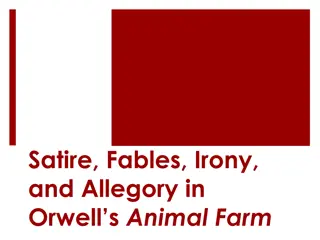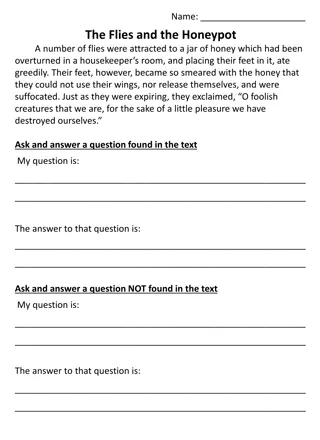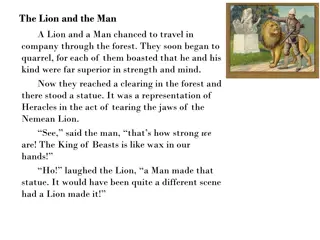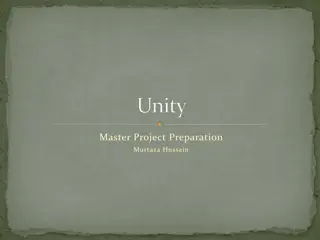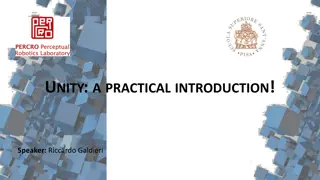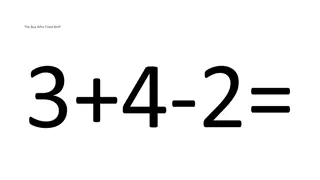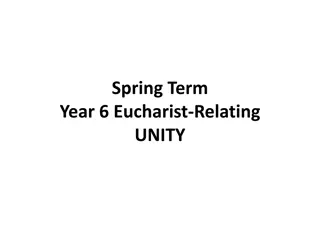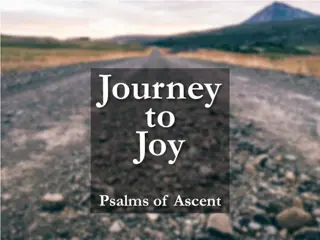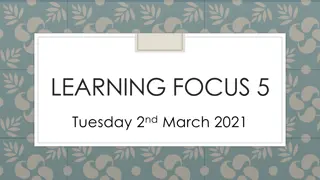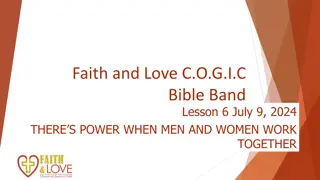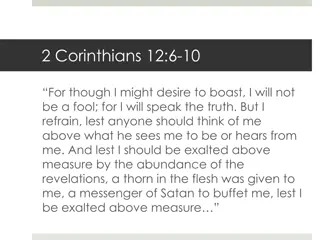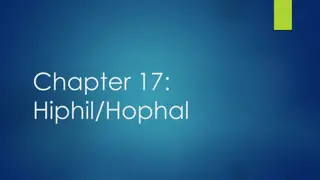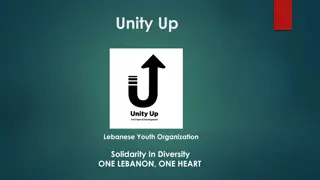Lessons in Unity and Strength from Aesop's Fables
A Greek slave named Aesop became renowned for his timeless fables that continue to resonate today. Through a story of a farmer and his sons, the message of unity's strength is beautifully conveyed. The narrative emphasizes how together, challenges can be overcome with ease by staying united, just like the sticks broken individually but unitedly. The Language Focus section points out prefixes like un, in, im, dis, and suffixes like ir, used to depict negation or opposition, offering a valuable linguistic insight.
Download Presentation

Please find below an Image/Link to download the presentation.
The content on the website is provided AS IS for your information and personal use only. It may not be sold, licensed, or shared on other websites without obtaining consent from the author. Download presentation by click this link. If you encounter any issues during the download, it is possible that the publisher has removed the file from their server.
E N D
Presentation Transcript
Many hundreds of years ago, Aesop, a Greek slave, became famous for the fables he told. After so many years, people all over the world still enjoy reading them today as much as the Geeks enjoyed listening to them long, long ago.
Son, now break the bundle . Long ago and far away, there was an old farmer who had seven sons. One day, the old farmer was lying on his bed and he thought that he would not leave much longer. He called his son's before him. He told a servant to bring in a bundle of seven sticks tied together. He handed the bundle to his oldest son and said to him,
Now, my sons, untie the bundle. Each of you take a stick and try to break it. The son tried with all his might, but he could not break the bundle. One by one, the other brothers tried but none of them was strong enough. The father smiled,
Remember, in unity there is strength. This time they had no difficulty breaking the sticks. In a few moments, all the sticks were broken. The old man looked at his son's affectionately and said,
Language Focus We use un, in, im, dis etc before a word to mean not or opposite of that word. Such as: Tied Untied
Language Focus That words start with r there used ir to make opposite meaning. Such as: Regular Irregular
Language Focus Before adjective/verb we use un to make opposite Such as: Happy Unhappy
Language Focus Before adjective/verb we use dis to make opposite Such as: Like Dislike
Language Focus The words start with m or p there used im to make opposite. Such as: Moral Immoral Proper Improper
a. Maher folded the handkerchief carefully and gave it to me. When I ________ the handkerchief, there was a coin in it. b. Do you like my poster, Robin? asked Maher. No , I ________ too much of black and red together, said Robin. c. Teacher, is my answer correct? No, dear. It s ________. Try again. d. Is it possible to change this dress? I bought it last week but I don t like the colour now, said Mila. It is __________ , ma am. You ve already worn it, replied the salesperson.
Once upon a time there was a farmer living in a village near a forest. He was very poor. He had only an axe. One day he went to a deep forest beside a river for cutting wood. Suddenly his axe fell into the river. Then he ..
Thats all for today.


